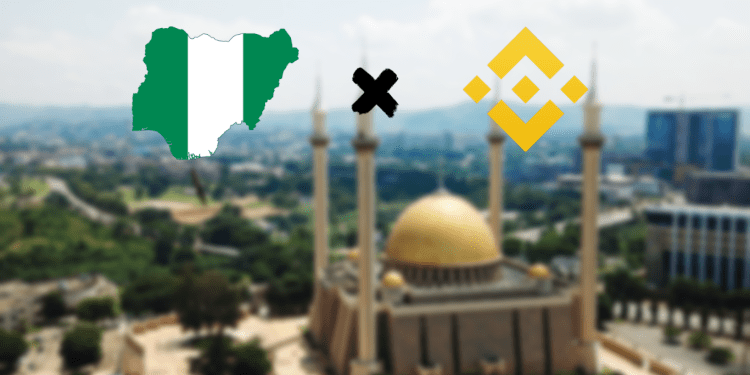Nigeria Export Processing Zones Authority (NEPZA), the Nigerian government agency in charge of export processing zones, is in preliminary talks with Binance to establish a special economic zone dedicated to supporting the digital economy and blockchain-related businesses. NEPZA says that the “virtual free zone” would be similar to the online free spot in Dubai.
Friendly Laws and Tax Incentives for Crypto Businesses
NEPZA announced the discussion on partnerships with Binance, the world’s largest crypto exchange, and Talent City in a September 2 Twitter post that the “virtual free zone” is expected to boost economic growth and attract a wide range of crypto start-ups and blockchain enterprises. It will provide “crypto-friendly laws, regulations, and tax incentives” for crypto enterprises to establish an industrial hub for digital assets.
According to reports by Bloomberg, the plan is to build the digital hub in the same line as Dubai, which recently adopted new regulations for marketing and promoting cryptocurrencies to protect investors.
A Binance spokesperson has confirmed the partnership plans, intimating that the move was to bolster long-term economic growth through digital innovation in the Sub-Saharan region (Cointelegraph).
“As we continue to support blockchain adoption across the African continent, Binance is keen to collaborate with The Nigeria Export Processing Zones Authority to establish a virtual free zone to generate long-term economic growth through digital innovation.”
The Binance spokesperson added that the crypto trading platform would share details once and when the plans have been finalized.
The initial talks about the digital city plans took place on Friday during a meeting in Dubai involving Binance executive director Nadeem Ladki, NEPZA managing director Adesoji Adesugba, NEPZA director Sikiru Lawal and NEPZA director Sikiru Lawal.
Speaking on behalf of the Nigerian government, Adesugba said that the economic zone would help the African country grow its digital economy and increase employment opportunities for its citizens, affirming:
“Our goal is to engender a flourishing virtual free zone to take advantage of a near trillion dollar virtual economy in blockchains and digital economy.”
Adsugba added that developing the digital hub would be essential to Nigeria’s economic development program, whose vision is to further drive cryptocurrency and blockchain technology adoption in Africa.
Nigeria Seeks To Diversity From Crude Oil
Nigeria, the most populous country in Africa, has one of the world’s highest rates of crypto adoption. According to data from Triple-A, the government has more than 22 million crypto owners.
The growth of crypto adoption witnessed in Nigeria over the last few years has been attributed to unstable government policies, inflation, and an inadequate financial system. A recent survey by CoinGecko, a crypto price and information data platform, revealed that Nigerians were the most crypto-obsessed residents, having searched for the terms “buy crypto” and “cryptocurrency” more than any of the other 14 countries in the study.
As such, the recent move to establish a “virtual free zone” has been seen as an effort by the country to diversify its economy from over-reliance on crude oil toward a digital economy that takes advantage of an increasingly connected and youthful population. This is further aided by the fact that digital assets and the underlying blockchain technology are viewed as the building blocks of the world’s future economy powered by Web3.0.
To prepare itself for a future defined by digital currencies, the Nigerian government launched its central bank digital currency (CBDC) in October 2021. This project is currently in its second phase and aims to drive financial inclusion by integrating its unbanked citizens.














